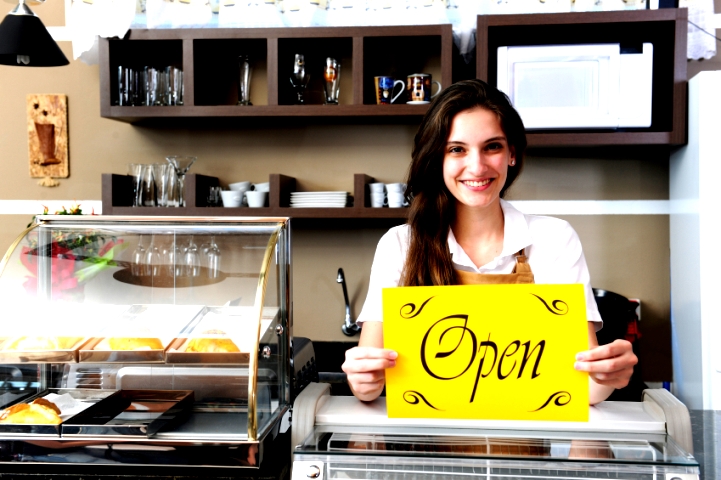Despite pleas from various industry bodies to delay the rollout of the goods and services tax (GST), the government is determined to see through one of India’s most ambitious economic reforms on July 1st.
The GST Council had earlier decided on five slabs for goods (0%, 5%, 12%, 18% and 28%). In GST news today, the council finalized which items will fall into each category. It reached these numbers by adding the central excise duty and state value-added tax (VAT) on products and then placing them in whichever bracket was closest to the sum.
Since GST is a consumption tax, consumers will feel the impact only during the final stage of the supply chain at point of sale, not at the point of manufacture. But aside from the announcement of rates, there are still many unanswered questions around how GST will impact the supply-chain, from farmers to bottlers, retailers and distributors.
tencies in the assignment of tax rates have left analysts and health experts scratching their heads. For example, ice cream, considered to be a high-fat, high-sugar product, and some processed foods, such as ready-to-eat packaged foods, will only be taxed at 18%, rather than 28%.
The classification system has also worried the FMCG industry. Items like pickles and sauces found in many Indian homes have been classified as processed foods and will be taxed at 18%, despite the sector’s recommendations.
Restaurants
The government has levied an 18% tariff on air conditioned restaurants or those with a liquor license, and a 12% tax on non-AC outlets. That figure rises to 28% for food consumed in five-star or higher-rated hotels.
Food that is catered outside will also be subject to 18% tax.
Food items exempt from tax or subject to additional cess:
- Aerated water, containing added sugar, sweeteners or other flavouring will be taxed at 28%, and also attract an additional cess of 12%, for an effective tax rate of 40%
- Alcohol will continue to be taxed by state governments under central excise and state VAT laws, because it’s a major source of revenue for states and union territories. However, states may decide to increase VAT on alcohol
For the latest business & share market news, visit BloombergQuint.











